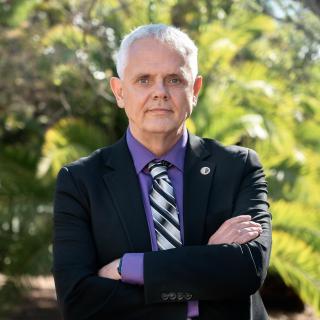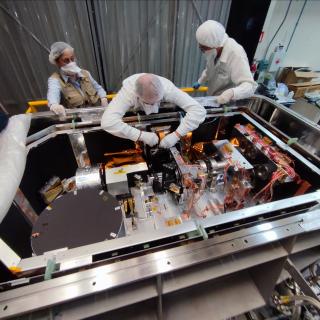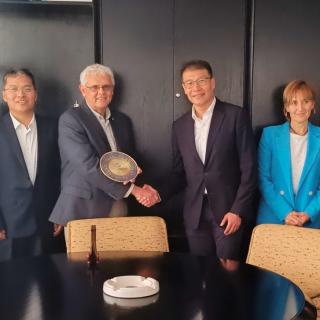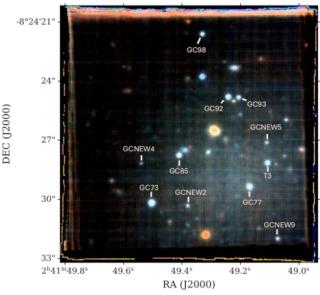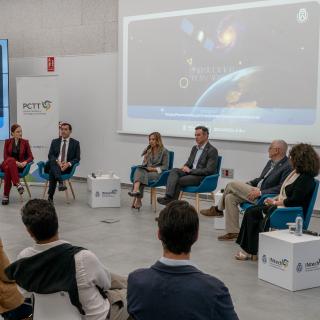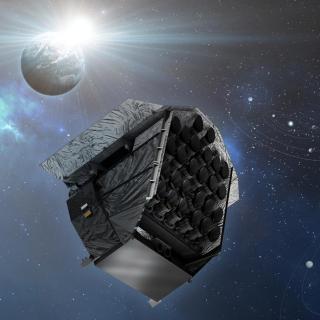
The PLATO (PLAnetary Transits and Oscillations of Stars) space mission, led by the European Space Agency (ESA), has recently completed one of the most delicate phases of its development: the integration of its main components, the 26 scientific cameras and the service module that houses all the instrument's acquisition, processing, and control electronics. This stage, carried out at the facilities of the aerospace company OHB in Germany, marks a fundamental step toward the launch scheduled for December 2026 from French Guiana aboard an Ariane 6 rocket. “Almost eight years after ESA gave the
Advertised on
